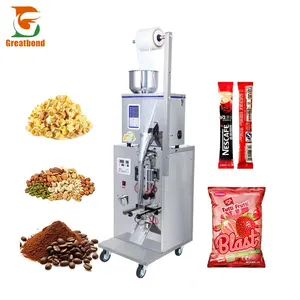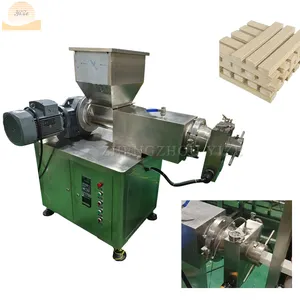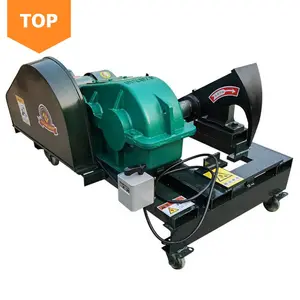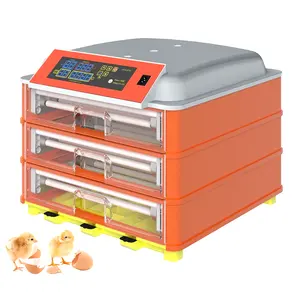Popular in your industry






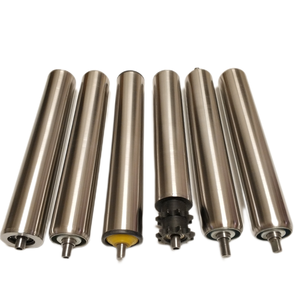


















































































































































































































Top categories
About seed rollers
A seed roller is an agricultural implement designed to efficiently plant seeds in prepared soil. Also known as a roller seeder, this equipment is particularly useful for sowing small seeds in large areas, ensuring even distribution and proper seed-to-soil contact. It consists of a cylindrical drum or roller with specially designed indentations or pockets that hold and release seeds at regular intervals. As the roller moves across the seedbed, these cavities deposit the seeds into the soil at the desired spacing and depth. Some advanced models, such as the Jang seeder rollers, are adjustable to accommodate different seed sizes and sowing requirements.
Types of Seed Rollers
There are several types of seed rollers available, each catering to specific agricultural needs. The push-behind seed rollers are manually operated and ideal for small-scale farming or precision seeding in garden beds. They are lightweight and easy to maneuver, allowing users to sow seeds with accuracy and control. The tow-behind seed rollers are designed to be attached to tractors or ATVs, making them suitable for larger fields and pastures. Their towing capabilities enable efficient seed sowing over extensive areas, reducing the time and labor required for planting.
Furthermore, the seedbed roller is a hybrid implement that combines the functions of a seed roller and a soil compactor. It not only plants seeds but also creates a firm seedbed by gently pressing the soil after seeding. This dual functionality contributes to better seed germination and early plant growth. The pneumatic seed rollers use air pressure to singulate and place seeds accurately in the soil. They are often equipped with advanced metering systems that precisely control seed placement, making them suitable for crops that require specific seed spacing, such as vegetables.
Applications of Seed Rollers
The roller seed is commonly used in various agricultural practices. In conventional farming, it facilitates the efficient sowing of crops like corn, soybeans, and wheat in large fields. Its ability to ensure uniform seed distribution helps optimize plant density and overall crop yield. In conservation agriculture, the direct seeding method is promoted to reduce soil disturbance and erosion. In this context, the seedbed roller can be used to sow cover crops, such as clover or rye, directly into untilled soil, promoting soil health and preventing nutrient loss. In precision agriculture, the seed roller is a valuable tool for sowing seeds in controlled environments, such as greenhouses or nurseries. Its precise seed placement capabilities are essential for starting seedlings that will later be transplanted to the field.
The Advantages of Seed Rollers
Seed rollers offer several advantages over traditional seeding methods. By ensuring accurate seed placement and spacing, they help maximize crop yields and minimize seed waste. Additionally, the uniform germination resulting from the efficient seed-to-soil contact of the roller seeder contributes to better crop establishment and weed suppression. The ability to adjust the seed rollers for different seed sizes and spacing requirements enhances their versatility across various crops. Moreover, the time and labor savings associated with mechanized seed sowing make these implements a practical choice for modern agricultural operations.
